EU agrees new sanctions on Russia, targeting LNG for first time
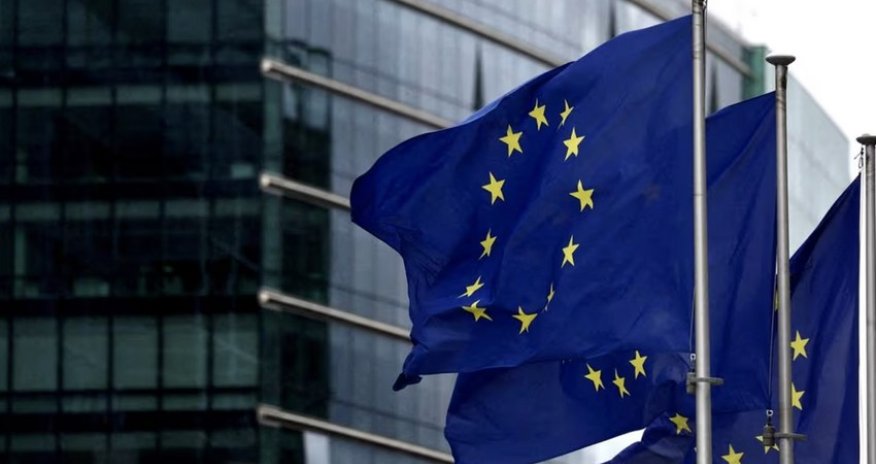
The European Union agreed on June 20 to slap a new raft of sanctions against Russia, targeting for the first time supplies of liquefied natural gas (LNG), which several member states continue to buy despite the war in Ukraine being well into its third year, reported from EuroNews.
The taboo-breaking sanctions represent the 14th package enforced since February 2022 and come at a delicate time on the battlefield, as Russian troops attempt to seize their renewed momentum to make further territorial gains.
The package is the result of protracted negotiations among ambassadors, who spent weeks haggling over highly technical details. The approval was delayed several times over the reservations voiced by several countries, including Hungary, which had vowed to block any sanctions in the energy sector.
However, the last hold-out was Germany over the "no Russia clause," which imposes obligations on companies to prevent circumvention.
Brussels missed two self-imposed deadlines – the G7 in Italy and the Peace Summit in Switzerland – to give Germany more time to work things out. On Thursday morning, the country signaled its concerns had been satisfied, paving the way for the deal.
The LNG clampdown, though, falls short of an all-out import ban like the bloc previously did with coal and seaborne oil, two of Moscow's largest sources of revenues.
Instead, EU companies will still be allowed to purchase Russian LNG but be prohibited from re-exporting it to other countries, a practice known as trans-shipment.
The Centre for Research on Energy and Clean Air (CREA), an independent organization that tracks Russian fossil fuels, estimates that in 2023 the bloc paid €8.3 billion for 20 billion cubic meters (bcm) of Russian LNG, representing 5% of the total gas consumption.
Belgium, France and Spain were the main entry points for Russian LNG.
About 22% of these supplies (4.4 bcm) were trans-shipped globally, with 1.6 bcm sent to other member states, CREA says. The rest went to China, India, Turkey and other clients.
The figures reflect the West's leading role in cargo insurance and shipping services: last year, the maritime industry of G7 countries handled 93% of Russia's LNG exports, a transport valued at €15.5 billion.
The new EU sanctions intend to curb this lucrative business and constrain Russia's ability to raise funding for its expensive all-out war on Ukraine. The penalties also target three LNG projects based in Russia that are not yet operational, which Reuters has previously identified as Arctic LNG 2, Ust Luga and Murmansk.
Additionally, member states agreed on stricter measures to crack down on circumvention and close loopholes left open in the 13 previous packages of sanctions, a perennial headache in Brussels.
Specific details of these measures were not immediately available but are believed to be directed at the "shadow fleet" of aging, small-sized tankers that the Kremlin employs to bypass the G7 price cap on Russian seaborne oil.
Despite the $60-per-barrel limitation, Russia has spent the last few months selling its Urals oil at a price range of between $67 and $75 apiece.
www.anews.az
The taboo-breaking sanctions represent the 14th package enforced since February 2022 and come at a delicate time on the battlefield, as Russian troops attempt to seize their renewed momentum to make further territorial gains.
The package is the result of protracted negotiations among ambassadors, who spent weeks haggling over highly technical details. The approval was delayed several times over the reservations voiced by several countries, including Hungary, which had vowed to block any sanctions in the energy sector.
However, the last hold-out was Germany over the "no Russia clause," which imposes obligations on companies to prevent circumvention.
Brussels missed two self-imposed deadlines – the G7 in Italy and the Peace Summit in Switzerland – to give Germany more time to work things out. On Thursday morning, the country signaled its concerns had been satisfied, paving the way for the deal.
The LNG clampdown, though, falls short of an all-out import ban like the bloc previously did with coal and seaborne oil, two of Moscow's largest sources of revenues.
Instead, EU companies will still be allowed to purchase Russian LNG but be prohibited from re-exporting it to other countries, a practice known as trans-shipment.
The Centre for Research on Energy and Clean Air (CREA), an independent organization that tracks Russian fossil fuels, estimates that in 2023 the bloc paid €8.3 billion for 20 billion cubic meters (bcm) of Russian LNG, representing 5% of the total gas consumption.
Belgium, France and Spain were the main entry points for Russian LNG.
About 22% of these supplies (4.4 bcm) were trans-shipped globally, with 1.6 bcm sent to other member states, CREA says. The rest went to China, India, Turkey and other clients.
The figures reflect the West's leading role in cargo insurance and shipping services: last year, the maritime industry of G7 countries handled 93% of Russia's LNG exports, a transport valued at €15.5 billion.
The new EU sanctions intend to curb this lucrative business and constrain Russia's ability to raise funding for its expensive all-out war on Ukraine. The penalties also target three LNG projects based in Russia that are not yet operational, which Reuters has previously identified as Arctic LNG 2, Ust Luga and Murmansk.
Additionally, member states agreed on stricter measures to crack down on circumvention and close loopholes left open in the 13 previous packages of sanctions, a perennial headache in Brussels.
Specific details of these measures were not immediately available but are believed to be directed at the "shadow fleet" of aging, small-sized tankers that the Kremlin employs to bypass the G7 price cap on Russian seaborne oil.
Despite the $60-per-barrel limitation, Russia has spent the last few months selling its Urals oil at a price range of between $67 and $75 apiece.
www.anews.az
Similar news
Similar news
Latest news 
More news 

























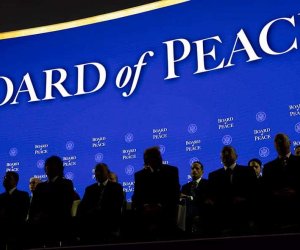
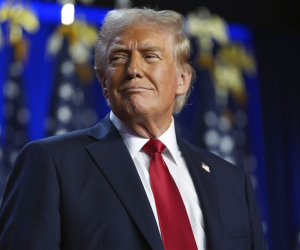

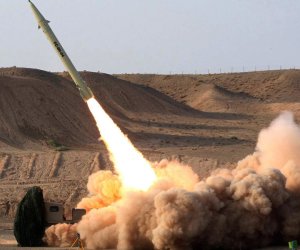


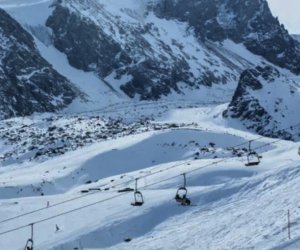
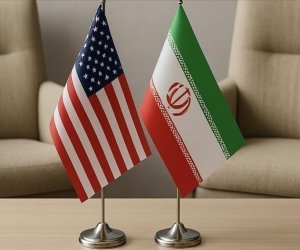


 Photo
Photo 



 Video
Video 

